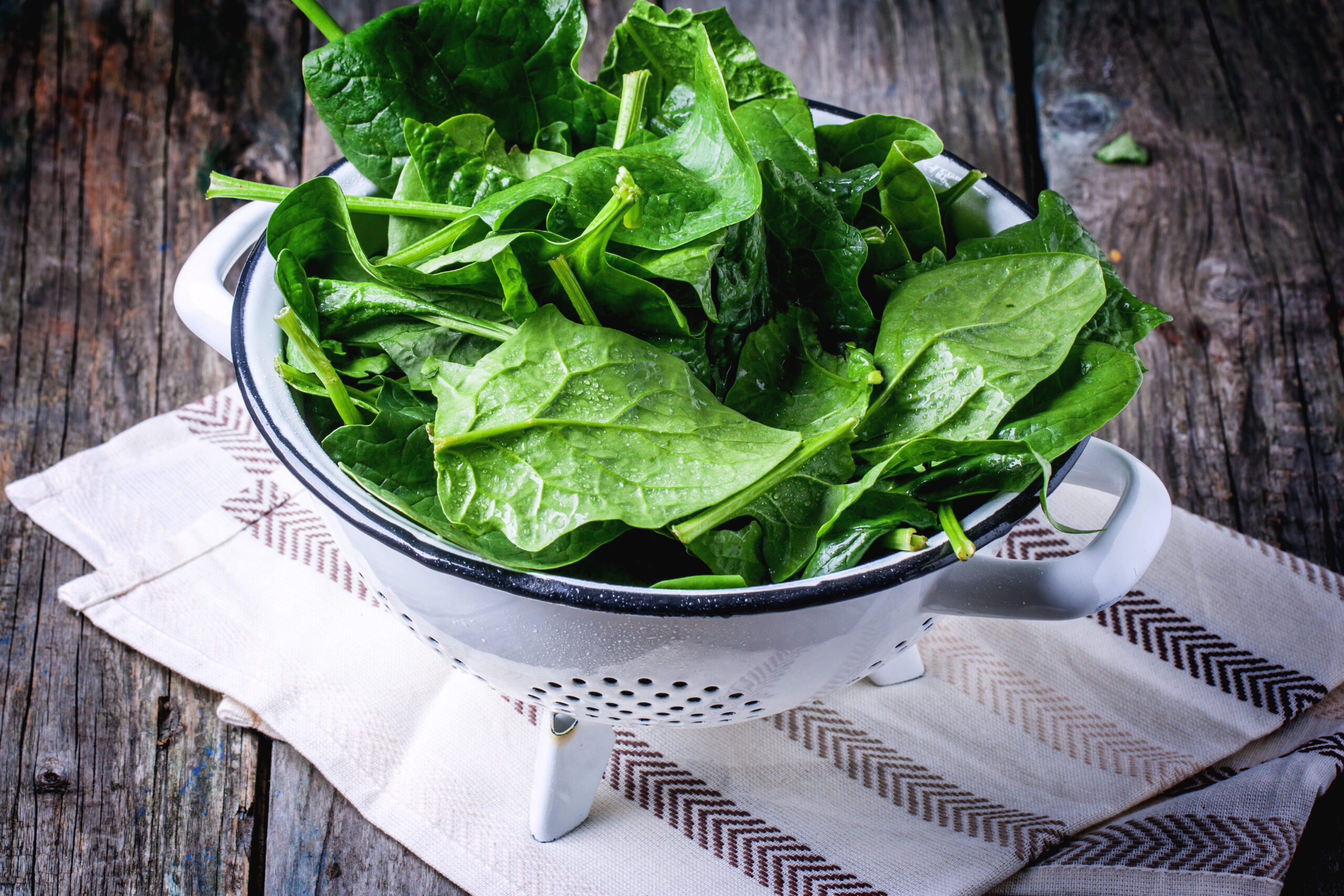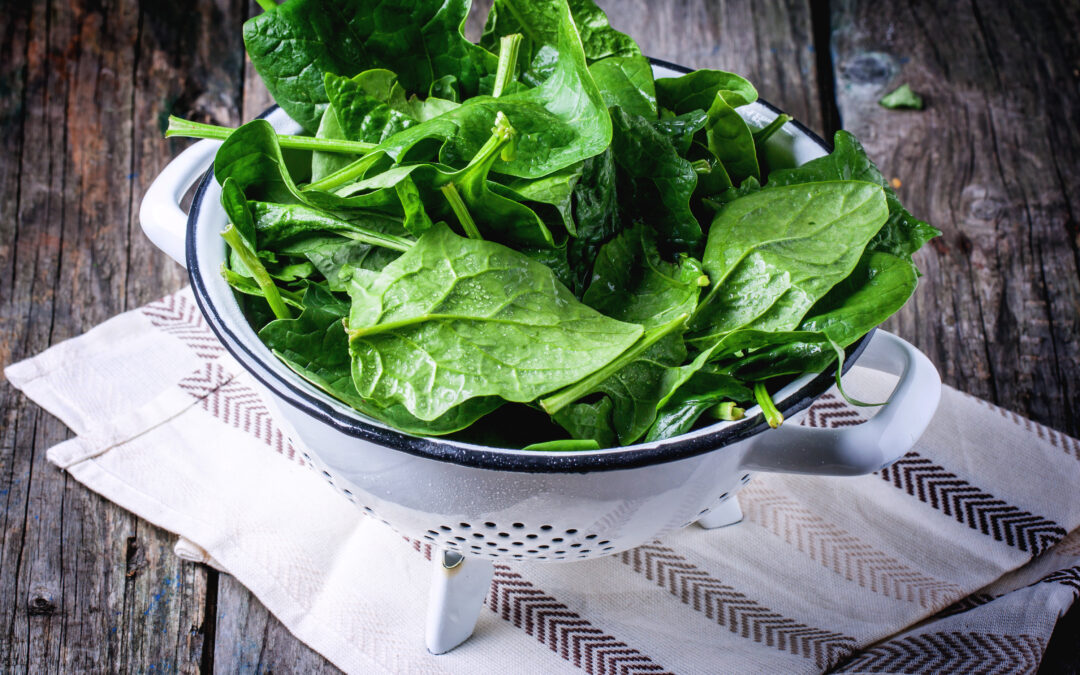Homegrown produce is becoming increasingly popular as people seek to live healthier and more sustainable lives. With the rise in demand for organic, locally sourced foods, many are turning to home farming as a way to provide their families with fresh, nutritious meals while also reducing their carbon footprint. In this article, we’ll explore some of the benefits of homegrown produce and why you should consider starting your own home farm.

Introduction to Homegrown Produce
Homegrown produce refers to fruits, vegetables, herbs, and other edibles that are grown at home rather than purchased from grocery stores or markets. While it may seem daunting to start growing your own food, there are plenty of resources available online and through local gardening clubs to help guide you along the way. Whether you have a small balcony or an expansive backyard, there are countless options for creating a thriving home farm.
Health Benefits of Eating Homegrown Food
One of the most compelling reasons to grow your own food is the significant health benefits associated with eating homegrown produce. When you grow your own food, you know exactly what goes into it, which means no pesticides, chemical fertilizers, or genetically modified ingredients. This not only ensures that you’re getting the freshest, tastiest produce possible but also reduces your exposure to potentially harmful substances found in conventionally produced foods. Additionally, homegrown produce tends to be higher in vitamins, minerals, and antioxidants compared to store-bought alternatives due to its fresher state.
Get More Homesteading and Self-Reliance Tips. Subscribe!

How to Start Your Own Home Farm
Starting your own home farm can feel overwhelming, but with careful planning and research, anyone can create a successful home farm. First, decide on what type of crops you want to grow and determine whether they will thrive in your climate and soil conditions. Next, choose the right containers or planters for your space, such as raised beds or vertical gardens. Then, invest in high-quality seeds or seedlings and ensure proper watering and lighting conditions to promote growth. Finally, maintain your plants by regularly pruning, trimming, and harvesting them.
Maintaining a Successful Home Farm
Once you’ve established your home farm, maintenance is key to keeping it thriving. Regularly check your plants for signs of disease or pests and take appropriate measures to address any issues. Ensure that your plants receive adequate sunlight and water, and make adjustments based on weather patterns and seasonal changes. Also, don’t forget to rotate your crops to prevent depletion of nutrients in the soil and encourage diversity in your garden.
Conclusion
In conclusion, homegrown produce offers numerous benefits to both our physical and mental wellbeing. By starting your own home farm, you can enjoy access to fresh, healthy food while also reducing your environmental impact. Whether you’re new to gardening or an experienced green thumb, there are endless opportunities to create a successful home farm with a little bit of effort and dedication. So, why wait? Get started today and reap the rewards of homegrown produce!



